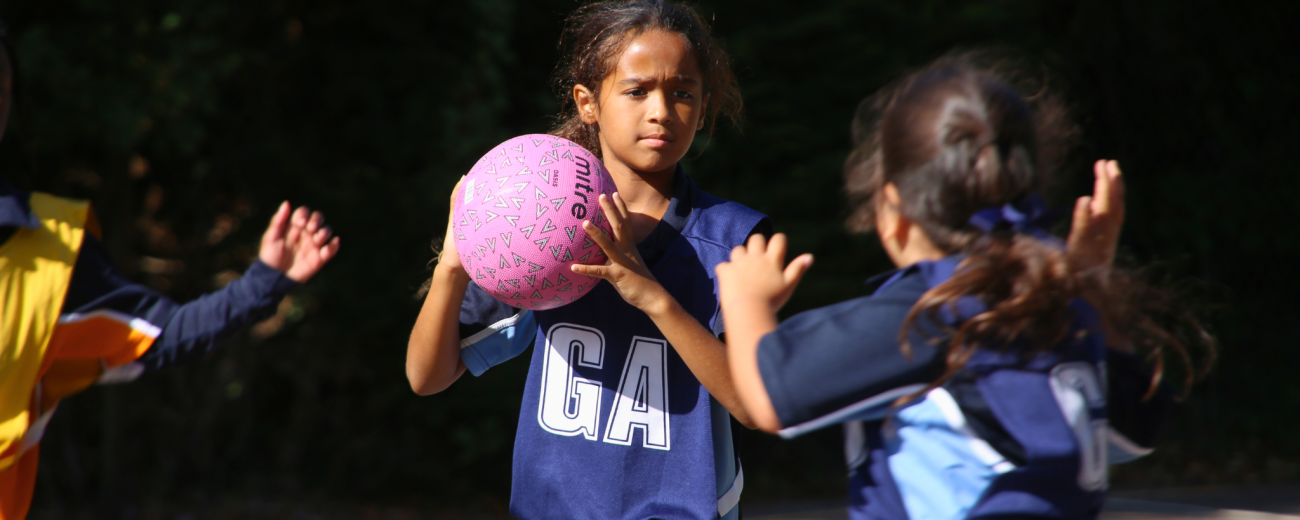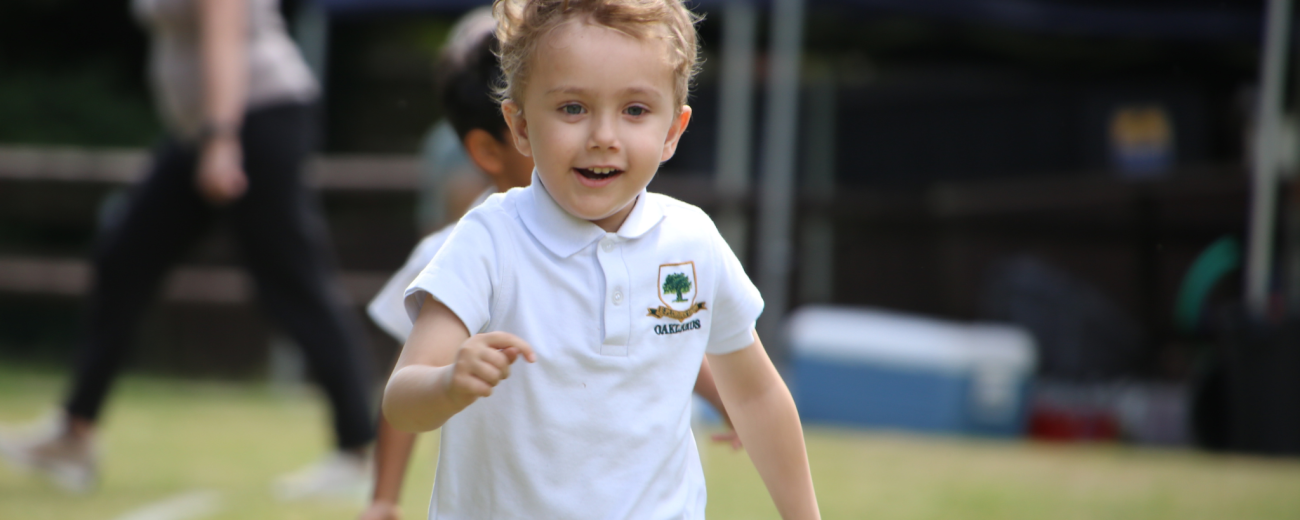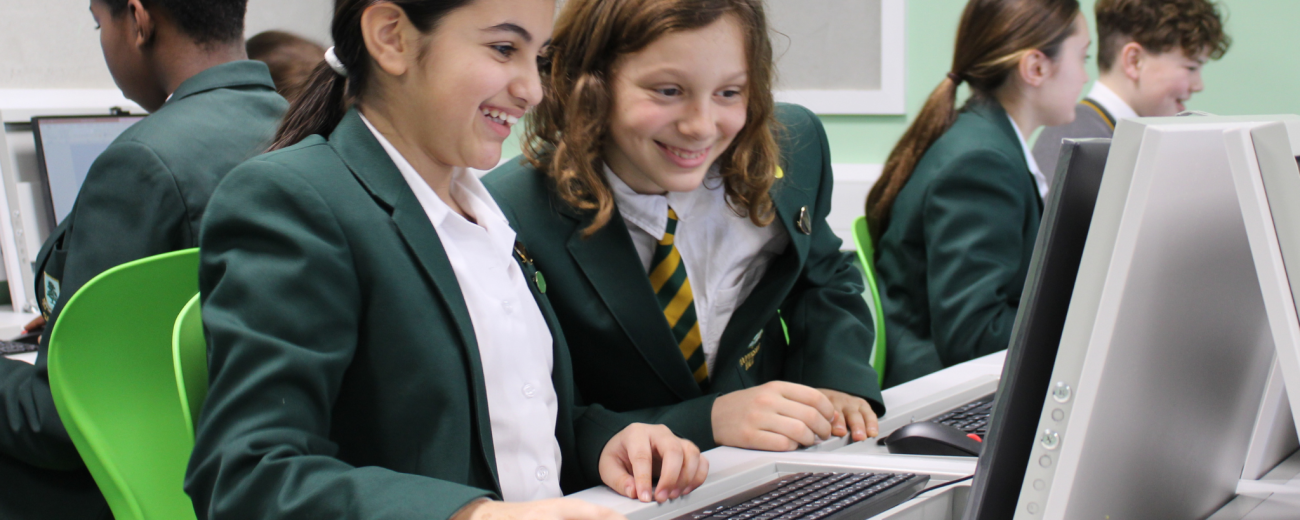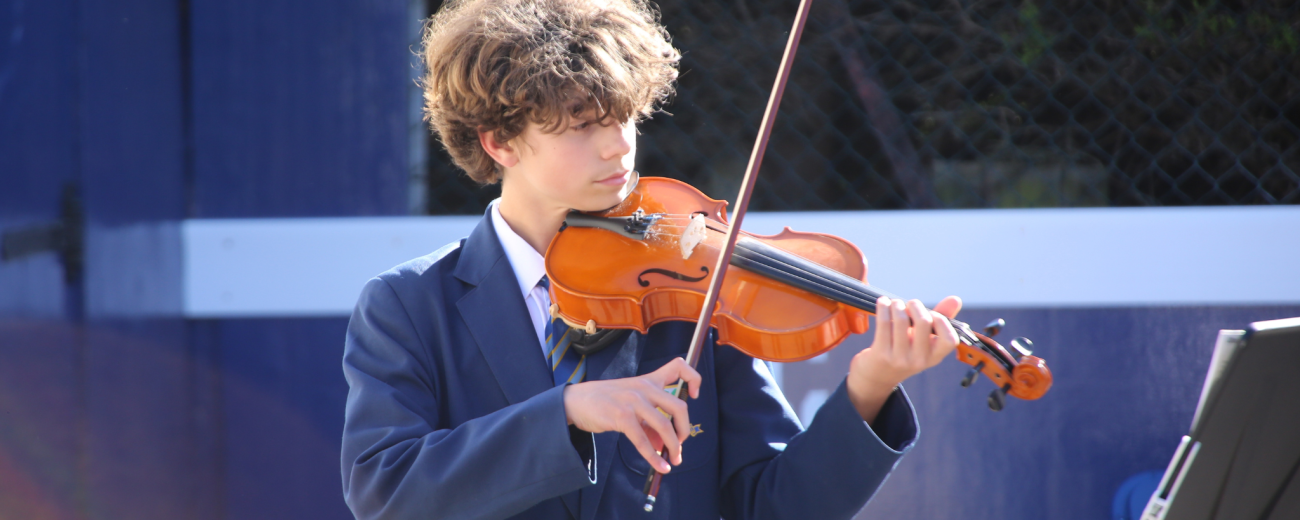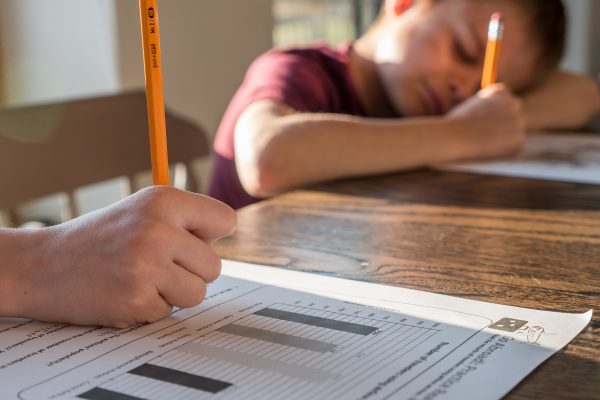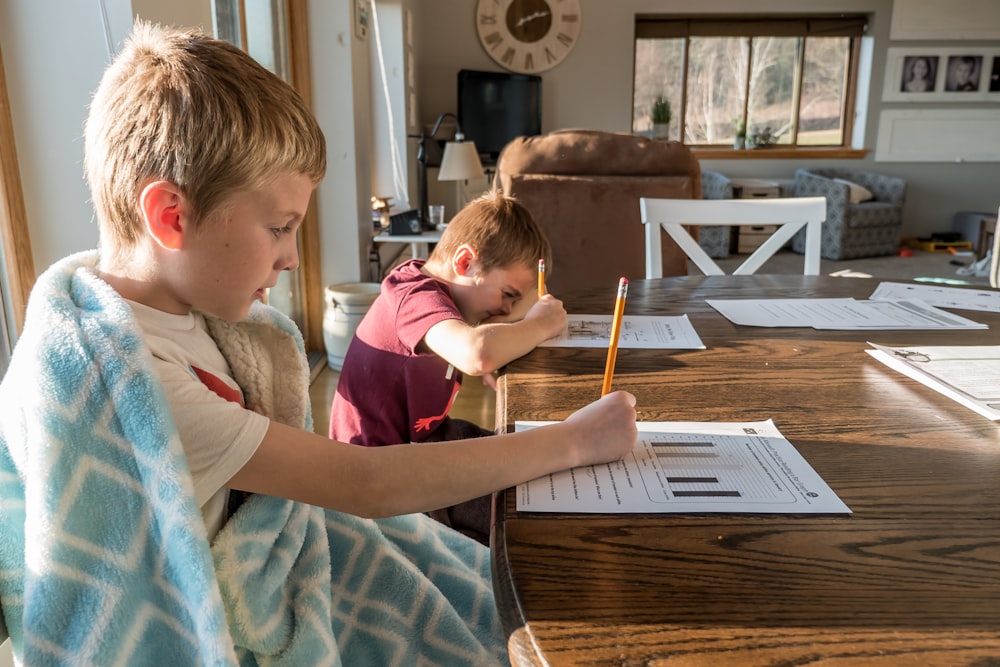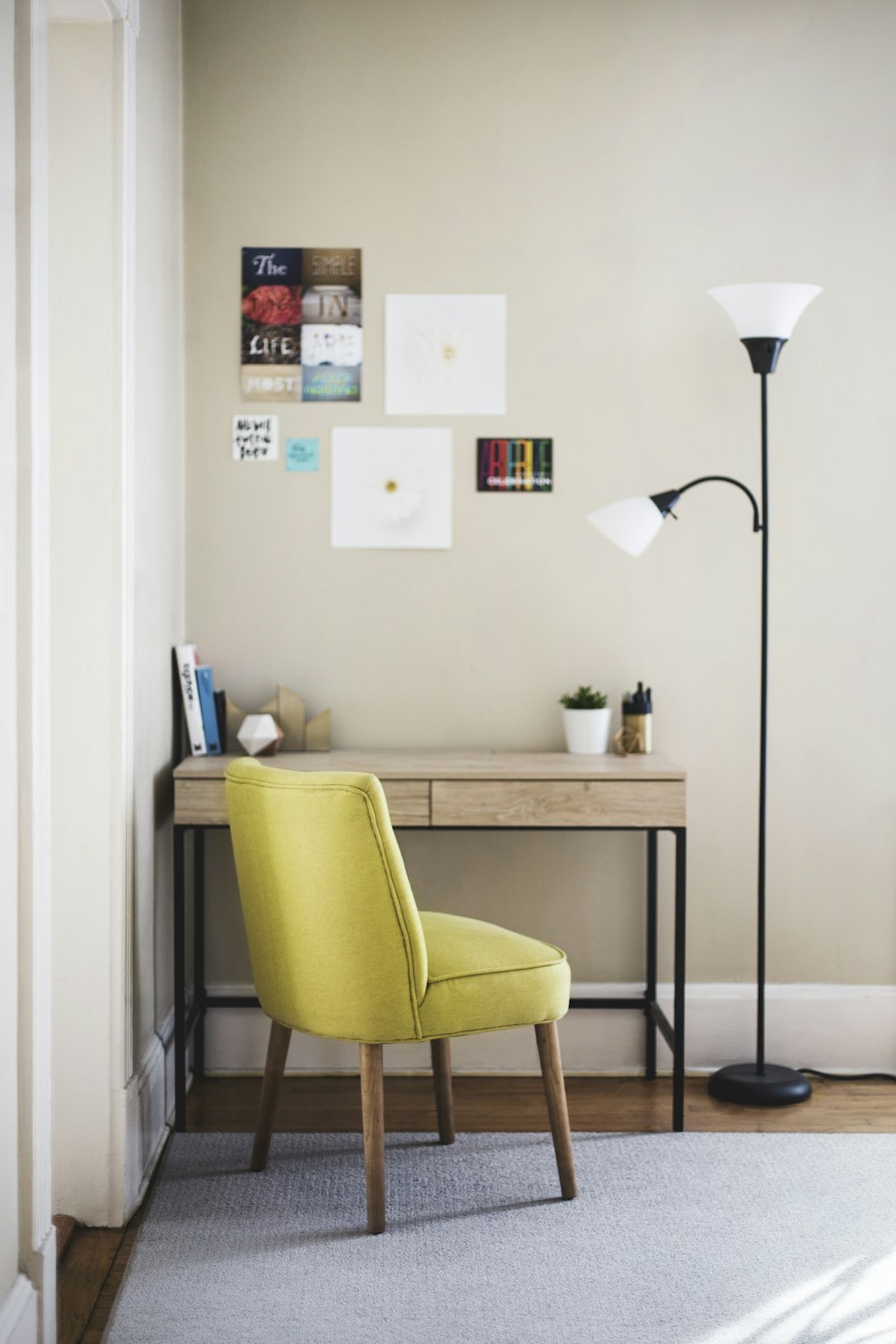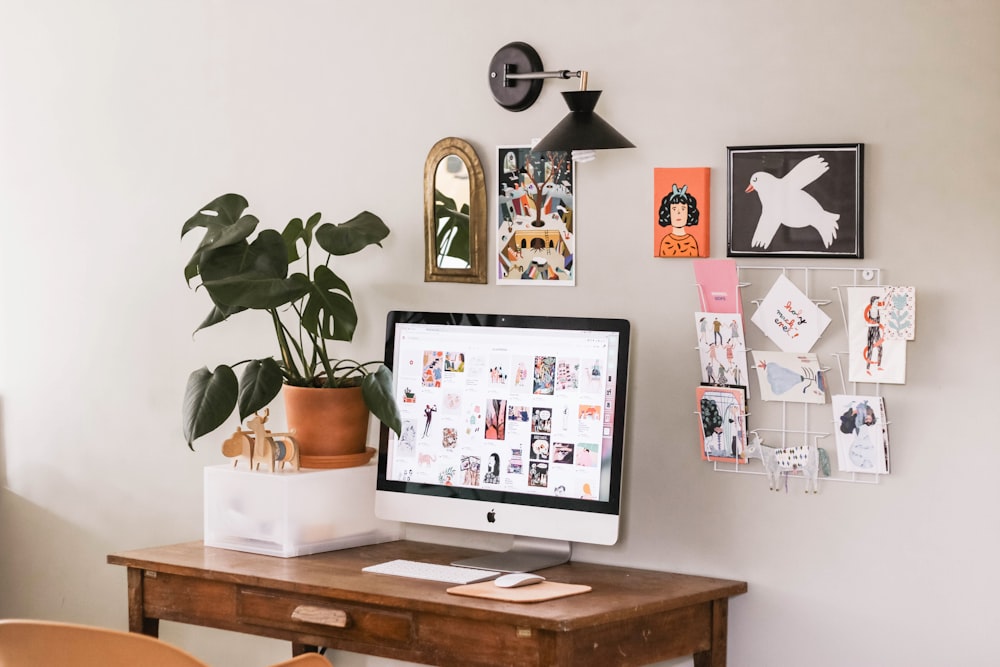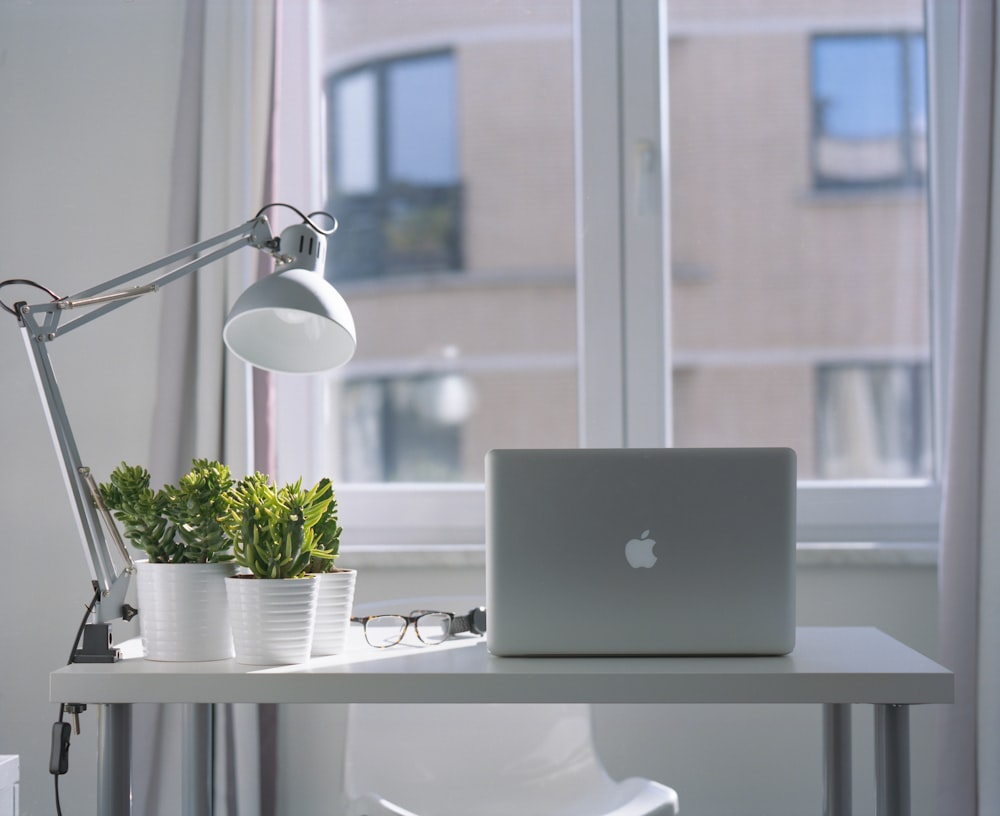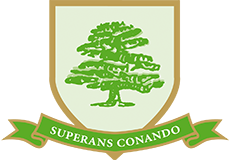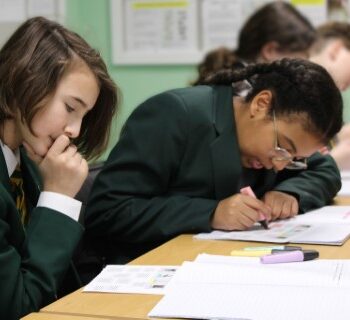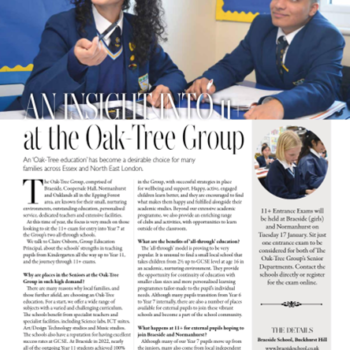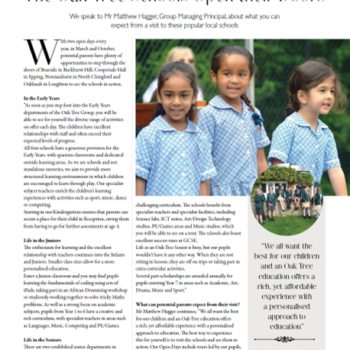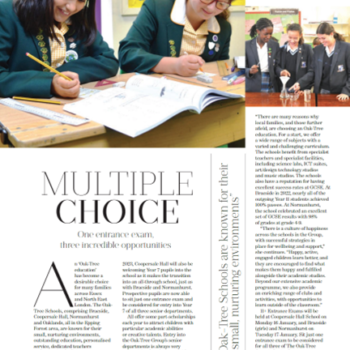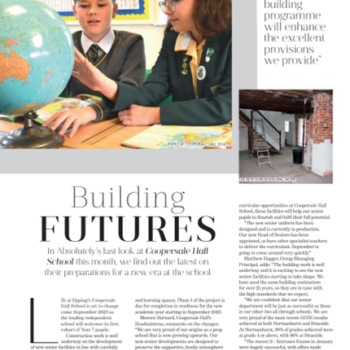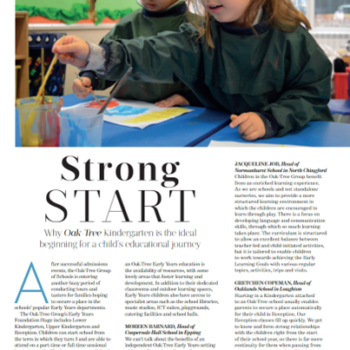Creating a welcoming and separate work space for your children can help enrich their learning experience, making it easier for them to focus and help to differentiate the time for work and the time for fun. At this moment in time, creating a home learning area for your child is more important than ever.
Location is key
Before you even start setting up the work space, first consider the location. If you kids seem to get easily distracted, then try setting up an area that is a little more out the way, or if they don’t like being on their own, then find a spot for them to be close enough to everyone, but not so much that there will be a distraction. It is also important to stay away from the areas of the house that are ‘relaxing’ such as the living room or bedroom. A dining room or study are both good options if available.
Seating
Try to avoid your child using seating like the sofa or armchair in the living room. Instead you will want a sturdy chair that will not only help them to focus, but also offers strong support and is the correct height. Kids may be smaller and springier than we are, but ergonomics are still vitally important for their growing bodies. To be the correct height, your child’s feet should be flat on the floor with their knees bent at a 90 degree angle, and the more comfortable they are, the better their concentration.
Ideally, the desk or table should be at waist height, and they should be able to rest their elbows comfortably on the table without hunching up their shoulders.
Make it their own
Allowing you child to have some input in creating the work space will help them feel proud of the area they have created, and therefore want to spend more time there. In addition to this, you should encourage them to personalise it and make it their own, such as with a photo or small ornament.
Avoid distractions
Anything that could be a distraction should be removed from the area, such as toys and games. You will also want to consider if there are any distraction in terms of location. Is the kitchen going to be a good space or will there be lots of noise and people walking around? Even things like phones and tablets could become a distraction, so it could be worth establishing set points throughout the day where these are able to be used.
Keep the work space clutter free
It is so easy for a work space to get messy. A colouring task followed by a maths task could mean that within a short space of time the desk is completely covered. Show your child the importance or throwing away or recycling rubbish, and putting away equipment after each ‘lesson’. This will help stop the clutter building up into something less manageable. Limit desk supplies to daily needs and keep everything else stored away. That way, they won’t set off in search of a pen that will inevitably turn into a stop at the fridge, a quick game of catch with the dog, and a chat with a sibling before they eventually find their way back to the desk.
Teaching your kids to keep themselves organised is an important skill. Tasks such cleaning up the work space and preparing for a project will not only help them with their school work, but also in life itself.
Stay hydrated
Staying hydrated throughout the day is essential for health and concentration. Simply by having a cup on the desk that you can regularly fill up with water may encourage your child to drink more. Feeling dehydrated can significantly impair thinking a mood, and something as simple as having the glass there may be enough encouragement to drink, rather than them having to ask every time they are thirsty.
Good lighting
Lighting is key when it comes to home study. If possible, create the work space in an area that gets lots of natural light, or if that is not possible, make sure that you have some good lighting as an alternative. Working in dim light means you have to concentrate that little bit harder, plus it can make us feel tired and sluggish.
The Oak-Tree Group of Schools consists of Braeside in Buckhurst Hill, Coopersale Hall in Epping, Normanhurst in North Chingford and Oaklands in Loughton.


